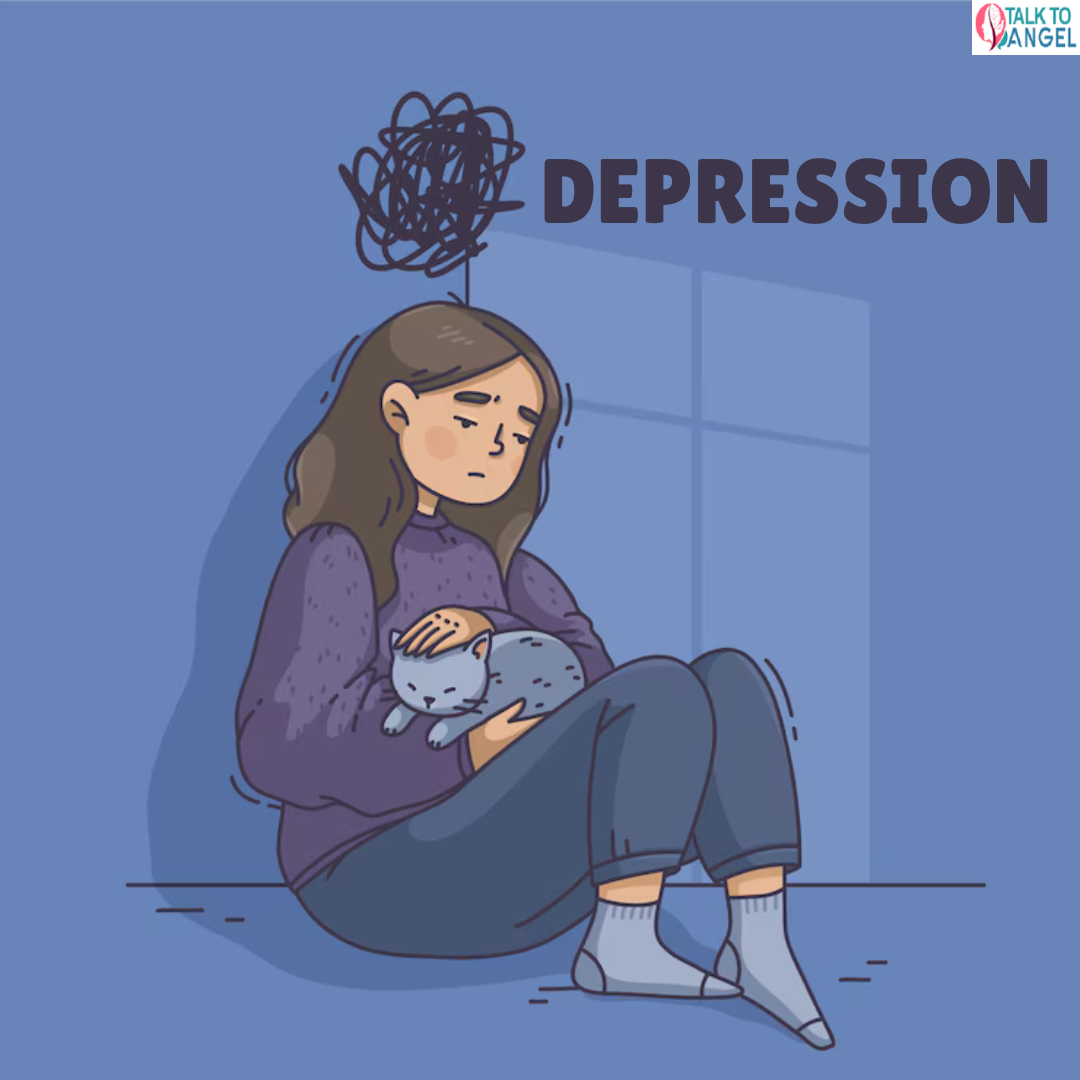Millions of individuals worldwide suffer from the complicated mental illness known as depression. Beyond sporadic melancholy, it can seriously disrupt relationships, daily life, employment, and general well-being. Two of the most common approaches in managing depression are counselling (also called psychotherapy or talk therapy) and medication. Both are evidence-based forms of depression treatment, yet they work in fundamentally different ways. Understanding the difference between them can help individuals make informed decisions about their mental health care.
Understanding Depression: Symptoms and Impact
Before delving into treatment options, it’s important to recognize the common depression symptoms. Although their intensity and length can vary, these typically consist of:
Persistent feelings of sadness or emptiness
-
Loss of interest or delight in once-enjoyed activities
-
Changes in appetite or weight
-
Sleep disturbances (insomnia or oversleeping)
-
Fatigue or low energy
-
Feelings of worthlessness or excessive guilt
-
Difficulty concentrating or making decisions
-
Thoughts of death or suicide
Depression symptoms can arise from a variety of biological, psychological, and social factors, including genetics, brain chemistry, trauma, stress, and lifestyle. Because of this multifaceted nature, depression treatment often requires a tailored approach.
Counselling for Depression
A licensed mental health practitioner, such as a psychologist, psychiatrist, counselor, or social worker, can be consulted during the counseling process. Investigating the underlying causes of depression, spotting negative thought or behavior patterns, and creating more constructive coping strategies are the objectives.
There are different types of counselling or psychotherapy used in depression treatment, including:
Cognitive Behavioral Therapy (CBT):
This is among the best treatments for depression. Through cognitive behavioral therapy (CBT), people can recognize and confront harmful thought patterns and swap them out for more realistic, balanced ones. It also involves behavior changes that support better emotional regulation.
Interpersonal Therapy (IPT):
IPT focuses on improving interpersonal relationships and social functioning, which can play a key role in depression. It helps individuals deal with grief, role transitions, disputes, and social isolation.
Psychodynamic Therapy:
Rooted in Freudian theory, this approach explores unconscious conflicts stemming from early life experiences that may contribute to current depression symptoms.
Mindfulness-Based Cognitive Therapy (MBCT):
MBCT combines mindfulness practices with cognitive techniques to prevent relapse in people who have recovered from major depressive disorder.
Benefits of Counselling:
-
Helps address the root causes of depression
-
Provides long-term coping skills
-
Encourages self-awareness and emotional insight
-
Can be tailored to individual needs
-
No physical side effects
However, counselling does require time and emotional effort. Progress can be gradual, and some individuals may find it difficult to open up initially. Also, access to therapy may be limited by cost, availability, or stigma in some cultures or communities.
Medication for Depression
Medication, primarily antidepressants, is another widely used depression treatment. These drugs work by altering brain chemistry, particularly the neurotransmitters believed to influence mood—serotonin, norepinephrine, and dopamine.
Common classes of antidepressants include:
Selective Serotonin Reuptake Inhibitors (SSRIs):
Escitalopram (Lexapro), sertraline (Zoloft), and fluoxetine (Prozac) are a few examples. Usually used as the first line of treatment, these drugs have fewer side effects than older ones.
Serotonin-Norepinephrine Reuptake Inhibitors (SNRIs):
Examples include venlafaxine (Effexor) and duloxetine (Cymbalta). These target both serotonin and norepinephrine.
Tricyclic Antidepressants (TCAs) and Monoamine Oxidase Inhibitors (MAOIs):
These are older classes that are typically used when other treatments have not been effective, as they tend to have more side effects.
Benefits of Medication:
Often reduces depression symptoms more quickly than therapy
Can be especially helpful in cases of moderate to severe depression
It may be necessary when depression is caused by a chemical imbalance
Convenient and accessible for many people
However, antidepressants may take several weeks to show full effects and can come with side effects such as nausea, weight gain, insomnia, sexual dysfunction, or increased anxiety. They may also require long-term use, and abrupt discontinuation can lead to withdrawal symptoms. Not everyone responds to medication the same way, and some may need to try multiple drugs before finding one that works.
Counselling vs. Medication: Which Is Better?
There is no one-size-fits-all answer. The patient’s symptoms, medical history, preferences, and availability of treatment all influence the decision between counseling and medicine.
When Counselling May Be Preferred:
Mild to moderate depression
A preference to avoid medication
Desire to explore underlying emotional issues
Pregnancy or health conditions that complicate drug use
When Medication May Be Necessary:
Moderate to severe depression
Suicidal thoughts or inability to function
History of good response to medication
Need for immediate symptom relief
The most successful strategy frequently combines the two. Research shows that combining counselling with medication tends to produce better outcomes than either treatment alone, particularly for severe or chronic depression. This dual approach allows the medication to manage symptoms while therapy addresses underlying issues and teaches coping strategies.
Conclusion
Depression is a serious but treatable condition. Whether you choose counselling, medication, or a combination of both, the key is to seek help and stay engaged in your treatment plan. By understanding the differences between these options, individuals can take an active role in their recovery and move toward improved mental health and well-being.
If you or someone you know is struggling with depression symptoms, consult a mental health professional to explore the best treatment plan. Recovery is likely with the correct assistance, not simply possible.
